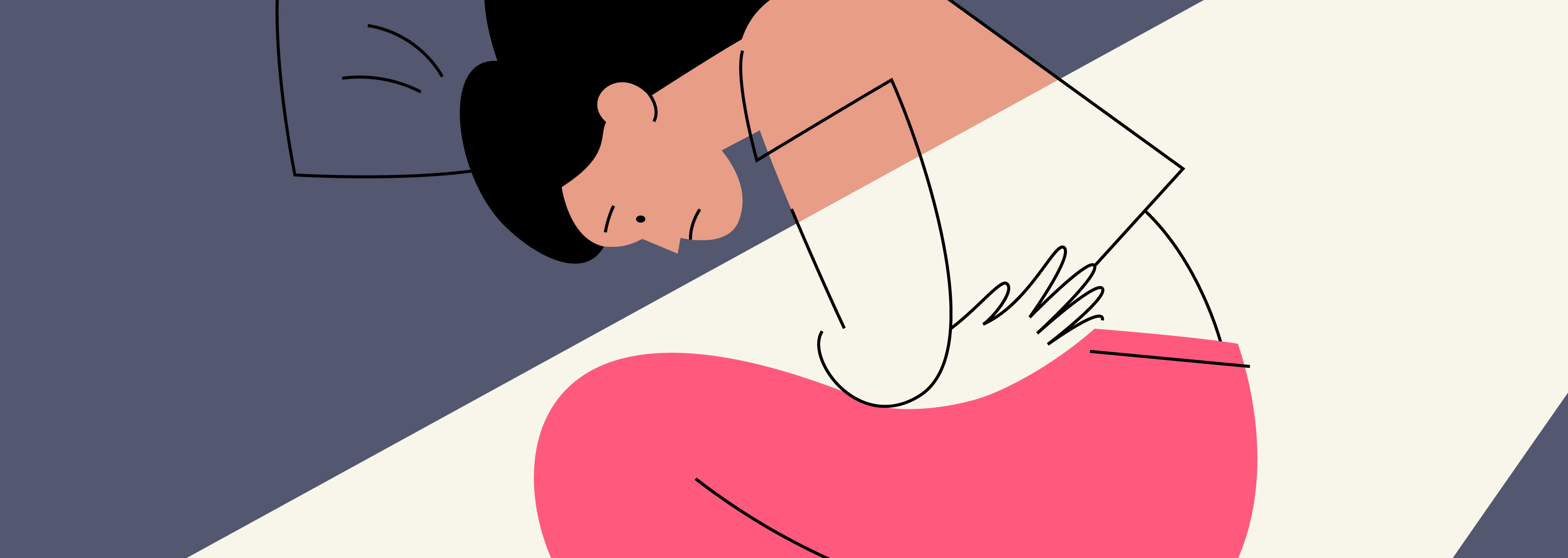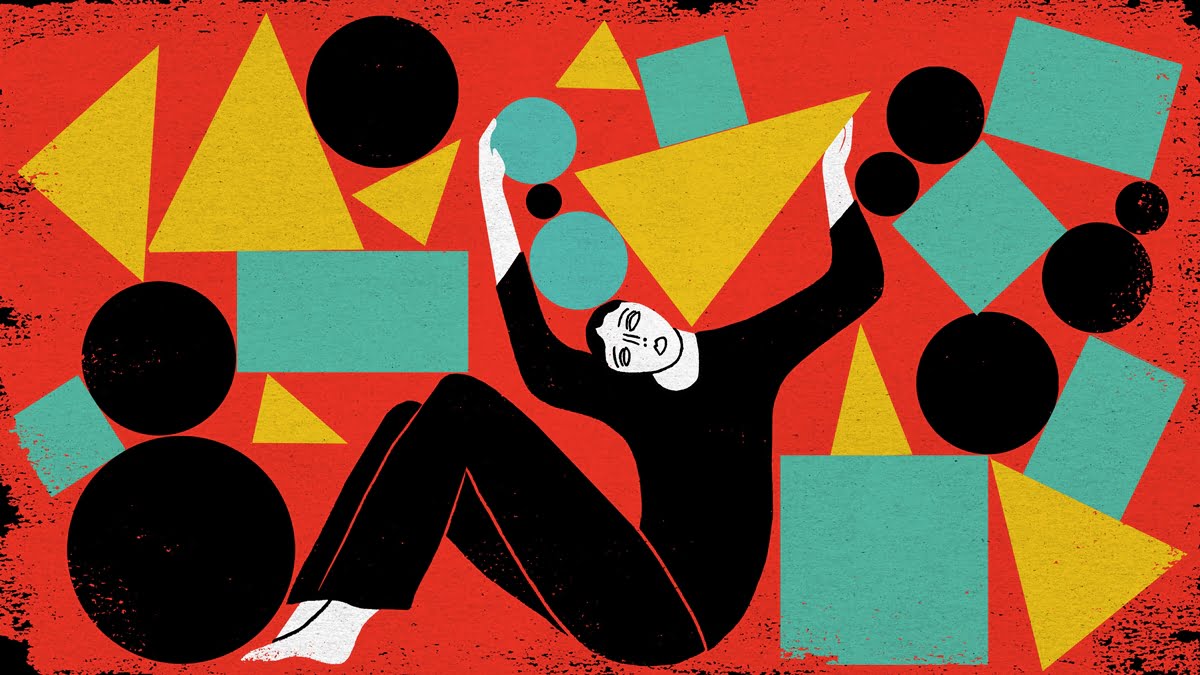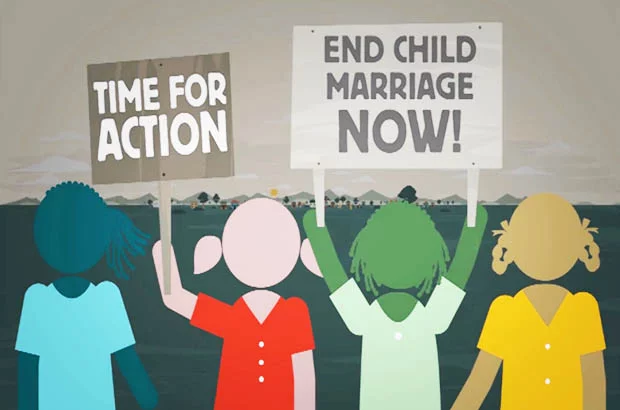Editor’s Note: FII’s #MoodOfTheMonth for October, 2021 is Navigating Complex Emotions. The pandemic has interrupted our emotions in many ways, and added to the complexities of our mental well being. FII invites submissions on coping with these complicated feelings, throughout this month. If you’d like to contribute, kindly email your articles to sukanya@feminisminindia.com
“Osteopenia, hyperthyroid, rheumatoid arthritis, hypertension. And now bad cholesterol and diabetes.” I read out the list of diagnoses from a full-body check up my mother had just undergone. The gynaecologist she consulted had also warned her of density of breasts and to get her pap smear reports reviewed, she added.
As the 27-year-old, able-bodied, considerably healthy daughter of this frail-figured, 47kgs weighing 54-year-old woman, my response to her describing the contents of her medical report was just… indifference. I did not bat an eyelid, my posture remained intact and I continued doing whatever I was doing at that moment. Probably hoping that she could, after all, elicit some humane reaction from her daughter, she proceeded to tell me how her entire back ached. She sat beside me, tracing the line of my spine from under my neck up until my sit-bone to tell me exactly where its paining her. This time, I respond: I twitch and move away to distance myself.
“It is called compassion fatigue and caregiver’s burnout,” my therapist explained to me. Caregiver’s burnout is popularly described as a state of physical, mental and emotional exhaustion that people often experience and is a negative cost of caring. This might be accompanied with a change in our attitude towards the attendee from reinforcing and helpful to unconcerning and negative. The burnout is often a result of having to do more than one could or when one does not get the help they need in the act of caregiving. As Ishita Sengupta, my former colleague at Indian Express, aptly puts, “caregiving is exacting.”
Caregiver’s burnout is popularly described as a state of physical, mental and emotional exhaustion that people often sense as a negative cost of caring. This might be accompanied with a change in our attitude towards the attendee from reinforcing and helpful to unconcerning and negative. The burnout is often a result of having to do more than one could or when one does not get the help they need in the act of caregiving.
Until my therapist broke it down to me, I had not stopped to reflect upon my increased sense of indifference towards my mother’s constant state of illness. However, I would find myself, now more often than ever, almost reflexively blaming my father and his death by suicide to have left me in a situation that I did not choose for myself in the first place. Owing to having been in social justice spaces and having come across life-affirming discourses around suicide, I knew, in principle, that suicide was not the person’s fault. But when a death leaves you with no closure, grief and wounds that continue to fester, and to add to that, a parent who is gravely emotionally dependent on you, I would often only feel unsurmountable levels of resentment and frustration, when not a glaring lack of concern, in response.

I had felt betrayed with dad’s death: the loaded expectation that I was to be there for mother physically, not move cities or not pursue a degree of my choice abroad seemed unfair and limiting on me. I felt suffocated, having to deal with the failing health of a parent and been thrust with responsibilities I was not ready for: I hated driving much more than I wanted to enjoy it. I had to learn to drive two weeks into my father’s death as an act of ‘taking over‘. The question of whether I was ready for it or not was never raised.
His death left me drained as I reluctantly took charge over both big things and small: to have been suddenly thrown into the middle of paperwork following his demise, rounds to the police station, runs to dreary government offices in the sticky Delhi summer of 2016, trips to the market I hated and had once categorically told my parents to keep me out of, convincing myself and my mother that I could step up and that it did not kill me every time I had to change a light bulb back then, having to market myself as ‘bride material enough’ on dreadful matrimonial sites wherein his death was held as a deciding factor against me by one too many.
All of this, coupled with being reminded endlessly by well-meaning people that I was now my mother’s only family, probably broke me progressively, to the point now where I could no longer show concern.
Also read: Caregiver Burden: The Complexities Of Caring For A Loved One Struggling With Mental Health
I now find myself centralising my own dilemmas in narratives, even when my heart knows it is not about me. My mother, a woman who does not have the worldly exposure or vocabulary to explain her episodes of anxiety attacks and depression the way I could about mine, a woman dealing with physical inflictions, was evidently trying hard herself. But all I could now muster up to offer is indifference and the occasional, yet very intense thoughts of how it would be better (for me) if she were to pass on too. There will be a finality, a closure that comes along with the same, I find myself thinking.
Conflicts arise in my conscience now: Am I a good daughter to want to leave my mother and look for better career and education prospects in another city, time zones and ten-hour flights away? But if I were to stay back and take care of her, will I not resent her (more than what I probably do already) for not being allowed to choose myself, yet again?
Amidst all of this, there are, however, times when I quite readily take to looking after her: I apply hot water compress on days when the pain gets unbearable, I cook and clean, except now when I do that, I am extremely fatigued. This is a sense of exhaustion that I mostly associate with my struggle to come to terms with the fact that her health now might never really get better. Almost immediately after, my mind reminds me of how unfair this is on me… and the cycle continues.
While I am yet to unpack how right or wrong how I feel is, I narrate this as an effort to reach out to so many others who are probably just as or more conflicted than I am, as they take care of their aging parents. You are not alone, if some days all you want to do is scream into your pillow ten minutes straight or just sit back and let indifference wash over you for once.
She had told me yesterday night that she had lost two kilos. You tend to lose body weight when you have hyperthyroid. “I have lost two kilos,” she reminds me again today morning. I offer silence in return.
While I am yet to unpack how right or wrong how I feel is, I narrate this as an effort to reach out to so many others who are probably just as or more conflicted than I am, as they take care of their aging parents. You are not alone, if some days all you want to do is scream into your pillow ten minutes straight or just sit back and let indifference wash over you for once.
Also read: Mothering A Survivor: Women On Either Sides Of The Same Table
Thinking of my friend Shreya Das as I recount this story.
Featured image source: NPR
About the author(s)
Soumya is a Masters graduate in gender from Jamia Millia Islamia & has a PG Diploma in New Media from Asian College Of Journalism. She is learning to unlearn and question patriarchal structures with empathy. She has taken an interest in gardening but has over-watered and killed two plants already. This may or may not be a metaphorical reference to how she deals with life.




